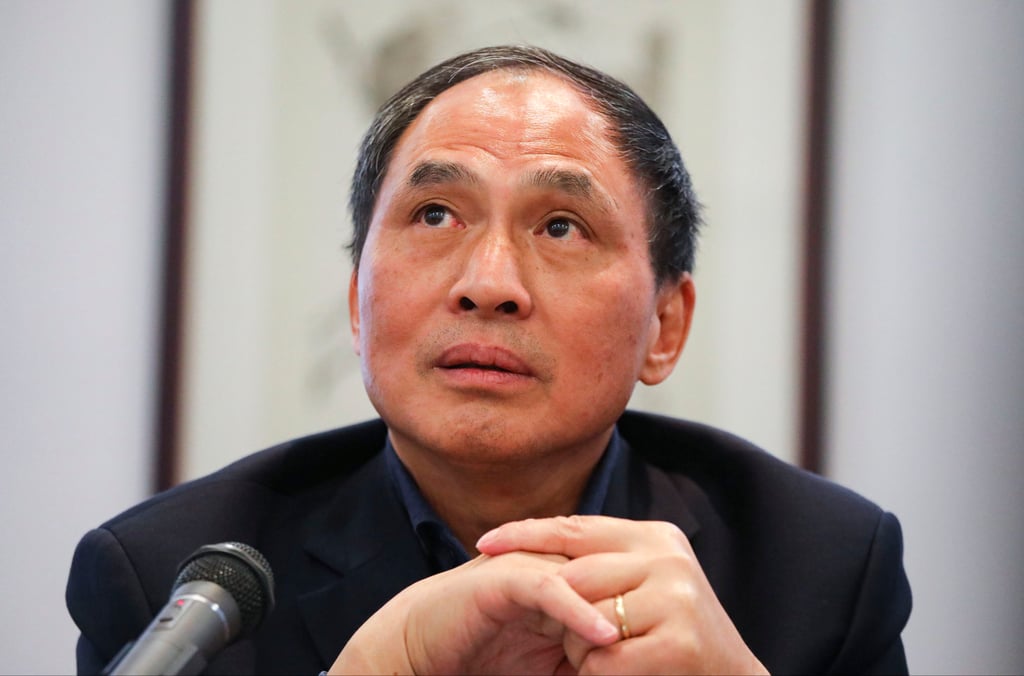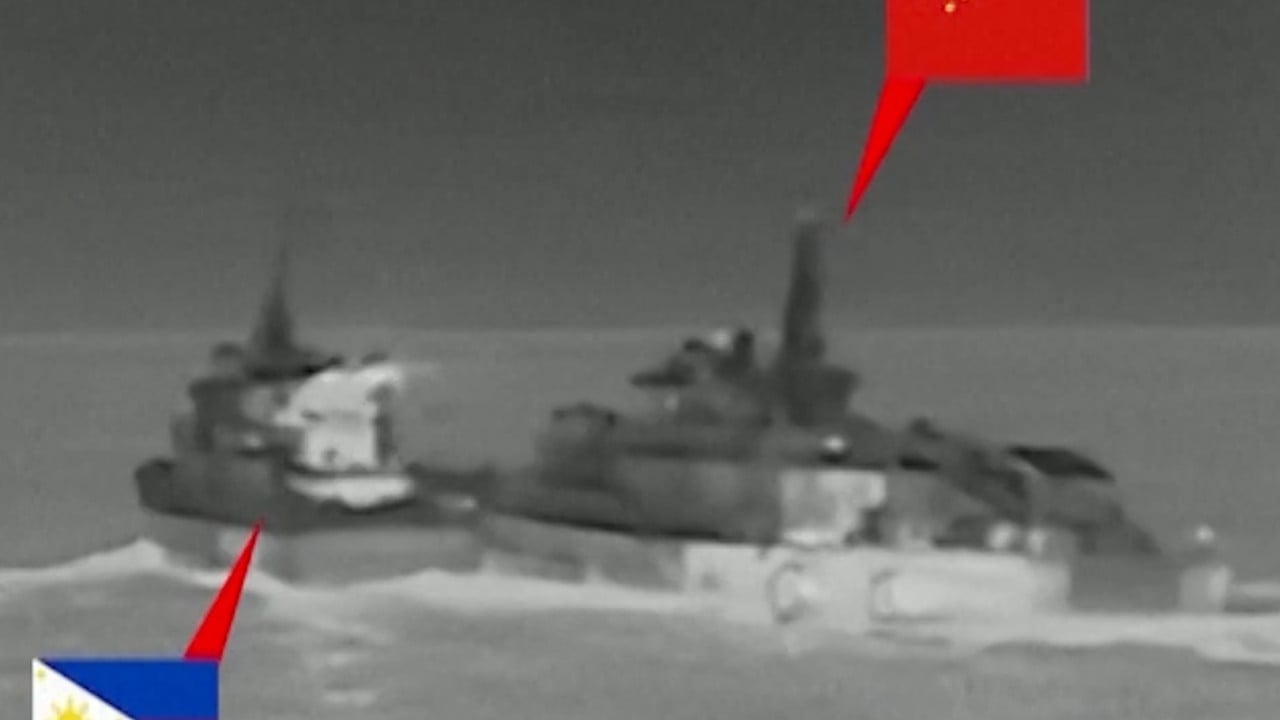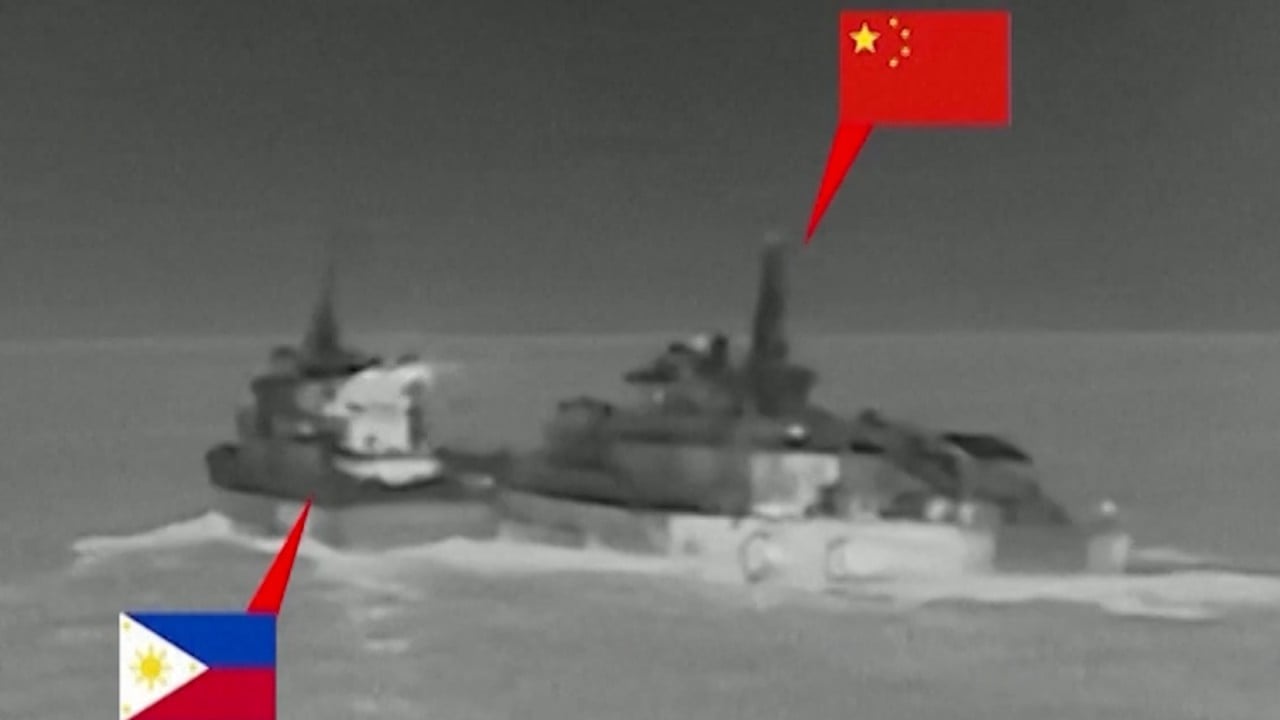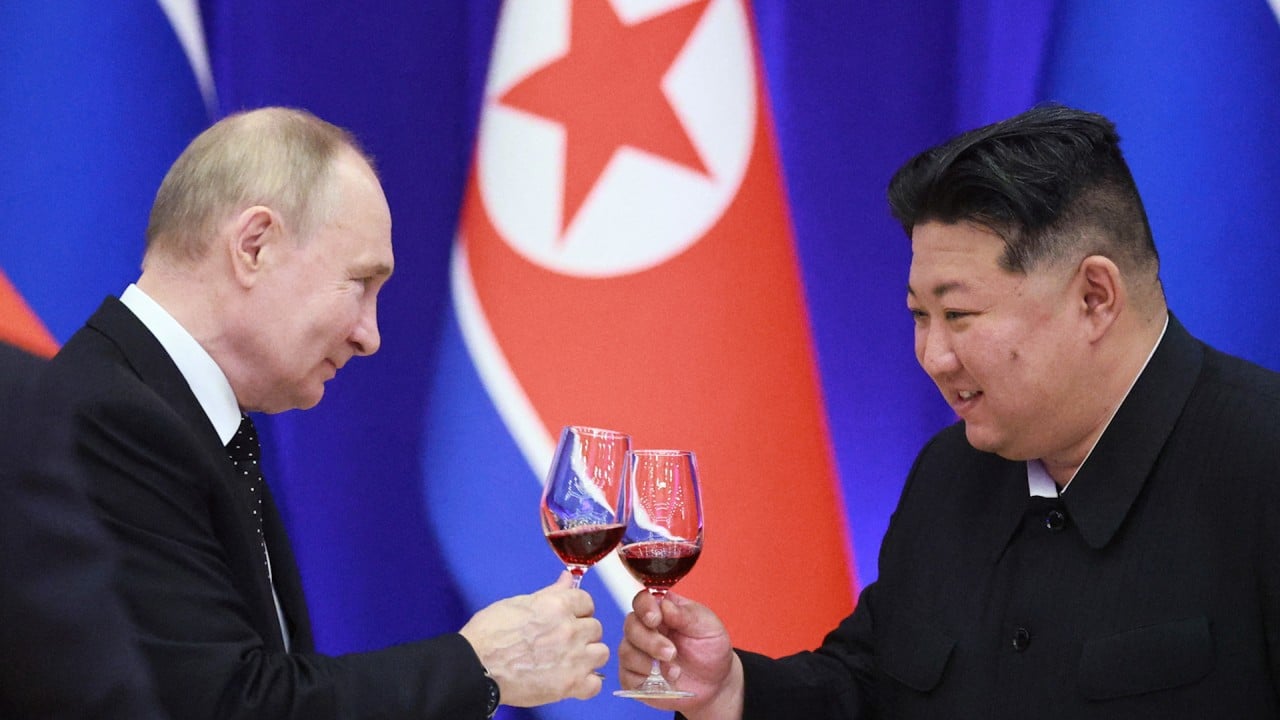Asia risks becoming a “powder keg” that could trigger world war III, according to a prominent Chinese academic who blamed the United States and its allies.
Zheng Yongnian, a professor at the Chinese University of Hong Kong’s Shenzhen campus, warned that China would be at the “eye of the storm” as the US shifts Nato’s strategic focus, while warning nuclear tensions on the Korean peninsula could also trigger a crisis.
“Despite the US claims to achieve peace in Asia under its leadership, the reality is quite the opposite – Asia, under US dominance, is rapidly sliding towards war,” he wrote in an article first published last week on the WeChat public platform.
The commentary was published a few days ahead of US national security adviser Jake Sullivan’s visit to China for “strategic dialogues” with Foreign Minister Wang Yi.
Zheng argued that the Asia-Pacific region was destined to be the battleground for any future world war, as it contained all the key elements: economic interests, US involvement, efforts to set up an Asian equivalent of Nato, military modernisation and nationalism.
Although the US and China have tried to prevent tensions from boiling over, there are still deep divisions on issues ranging from trade and technology to space, while the South China Sea and Taiwan Strait remain major potential flashpoints.
Beijing views Taiwan as part of its territory that must be reunited with the mainland, by force if necessary. Most countries, including the US, do not recognise Taiwan as independent, but Washington opposes any attempt to take the island by force and is legally bound to arm the island to help it defend itself.

The US was “deeply embedded in Asia” like no other country, and was becoming “a major organiser” of conflicts in the region, Zheng said.
Since the US “pivot to Asia” in late 2011, it had formed at least seven “mini-multilateral” alliances all aimed at countering China, he added. He did not explain which pacts he meant.
He also said a major US priority was to trigger a “strategic shift” in Nato’s thinking to make China a major focus, which required leading European countries to perceive it as a threat.
China’s relationship with the European Union has deteriorated in recent years as major divisions have emerged over issues such as subsidies for electric vehicles, human rights and Beijing’s deepening ties with Russia.
Key EU member states, such as France and Germany, have also deepened their engagement in the Indo-Pacific.
Zheng noted that while the US claimed its actions were designed to “contain” conflicts that could arise as a result of China’s actions, it was “actually constructing a global war framework”.
“China is undoubtedly the ‘eye of the storm’ in this geopolitical situation … Naturally, how to respond to such profound geopolitical changes is the most daunting challenge faced by this generation,” he said.
Nato was established after the second world war to deter a possible Soviet invasion of western Europe, but Zheng said it was “longer the peace envoy it claimed to be” and “has become a full-fledged war instigator”.
He also warned the US was now trying to establish an Asian equivalent of Nato.
In recent years the US has moved to deepen its network of alliances with countries such as the Philippines, Japan and South Korea, as well as forming new groupings such as Aukus with Britain and Australia and the Quad with Japan, India and Australia.
Australia, Japan, South Korea and New Zealand have been invited to recent Nato summits in a move US Secretary of State Antony Blinken said was designed to “break down the silos between Europe, Asia and the United States”.
Japan had been playing a central role as America’s “proxy” and was becoming a bridge between Europe and northeast Asia, Zheng added.
He said developments such as the recent mutual defence pact between Russia and North Korea were another factor, and would prompt Japan, South Korea and the US to strengthen their own defensive ties because of concerns about Pyongyang’s nuclear arsenal.
Many observers linked the defensive pact to Russia’s short-term need for arms to use in Ukraine and North Korea’s wish to acquire military technology, but Zheng said US actions were another reason for this strategic adjustment.
He also warned that regional peace in Asia was fragile due to historical grievances and current disputes, which provided extra leverage for the US.
Zheng said rising nationalism further increased the risk, arguing: “Historically, nationalism has often been a key driver of conflicts and wars between nations. In the social media era, decision makers are more susceptible to nationalist sentiments, which can lead to irrational decisions.”




